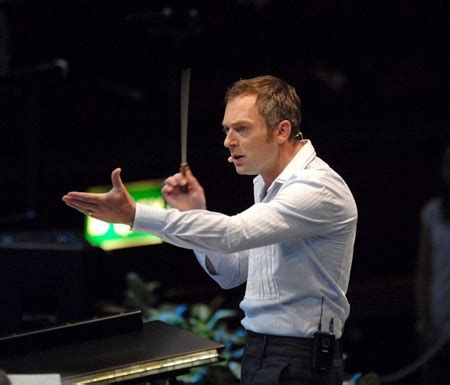A Quote by Karl Wilhelm Friedrich Schlegel
Wit as an instrument of revenge is as infamous as art is as a means of sensual titillation.
Related Quotes
Today is such a time, when the project of interpretation is largely reactionary, stifling. Like the fumes of the automobile and of heavy industry which befoul the urban atmosphere, the effusion of interpretations of art today poisons our sensibilities. In a culture whose already classical dilemma is the hypertrophy of the intellect at the expense of energy and sensual capability, interpretation is the revenge of the intellect upon art.
There is the specter of "realism" that is still haunting Chinese contemporary art - that art is only an instrument, an instrument to reflect society, that it must be useful for society. Also, I have noticed many Western media outlets are very insistent on understanding contemporary art in China through this kind of realist approach. Sometimes I even sense that they are intent on, as we say in China, "picking bones of politics out of an egg of art." Or perhaps they see art as merely an instrument to reflect society.





































